Look as much as you like, but you're just not going to be able to take Spain's golden sun back with you. So here are some more realistic mementos. They'd make for perfect gifts to give family and friends, or even a well-deserved present for your loved one.
If you are considering a trip to the sunniest country in Europe, see our range of holiday lettings in Spain and bring back some cultural treasures to remember.
Castañuelas
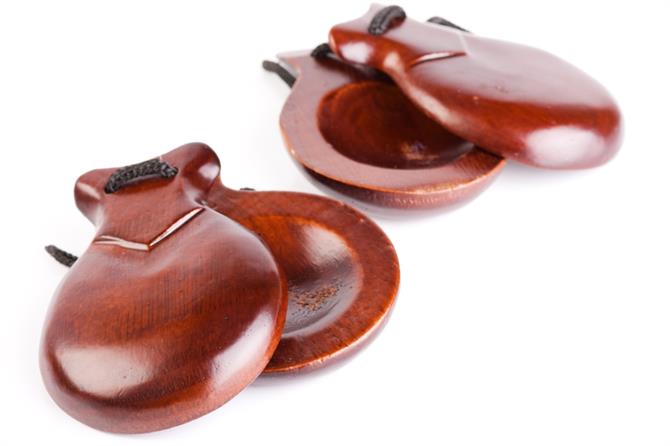
What we know as castanets, the Spanish call castañuelas. Look closely and you'll see that they resemble a pair of chestnuts. Which is how they got their name with castaña being the Spanish word for chestnut.
Fan
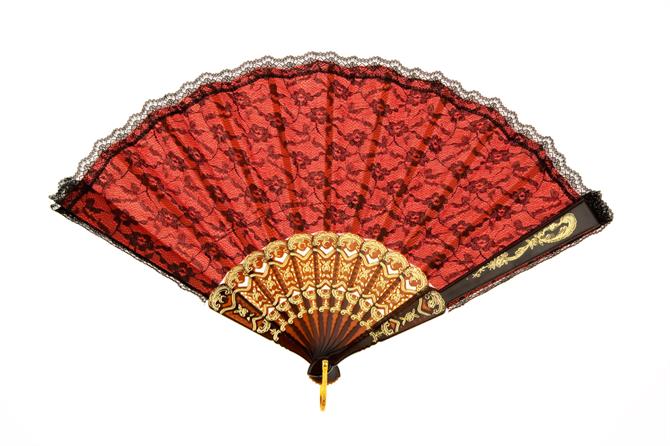
This souvenir could well come in handy on your Spanish holiday. That's because one way to beat the heat is to fan yourself down. Sit outside any bar or cafe during the summer months and watch the Spanish ladies using the traditional fan in a ritualistic way.
Flamenco dress
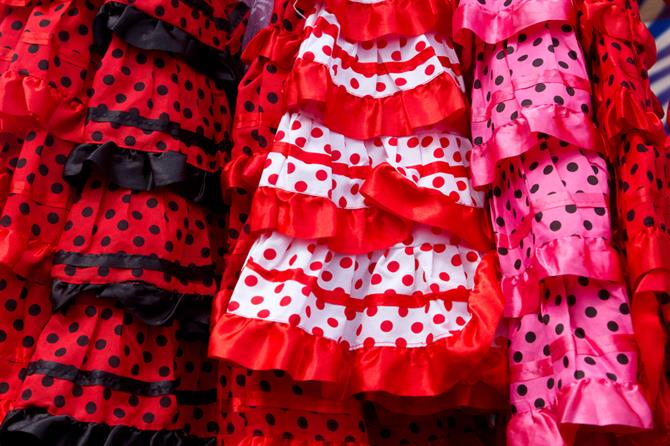
You might not be able to dance the part, but you'll certainly look it if you purchase a flamenco dress. And if you're over in Andulacia during April, these dresses are for attending the various ferias (fairs). Although you might want to practise your sevillanas if you have any pretensions to gatecrash any casetas, the marquee tents which families hire out for the duration of the event. Enjoy a holiday in Malaga during August, where you will see many flamenco dresses during the feria celebrations.
Cheese
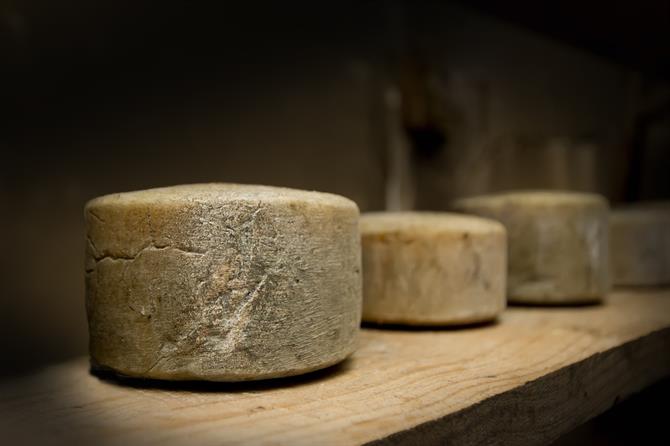
One of the most popular tapas is a plate of sliced cheese. It might be La Mancha's world-renowned Manchego or the popular Idiazabal gazta from the Basque Country. Travel over to the Canary Islands, in Gran Canaria, and it's probably going to be Guía's famous flower cheese. Consider a holiday break in one of our country homes in Asturias or a Galicia townhouse and explore its vibrant culture. A large proportion of the best cheeses are produced within these northern regions of Spain.
Wine
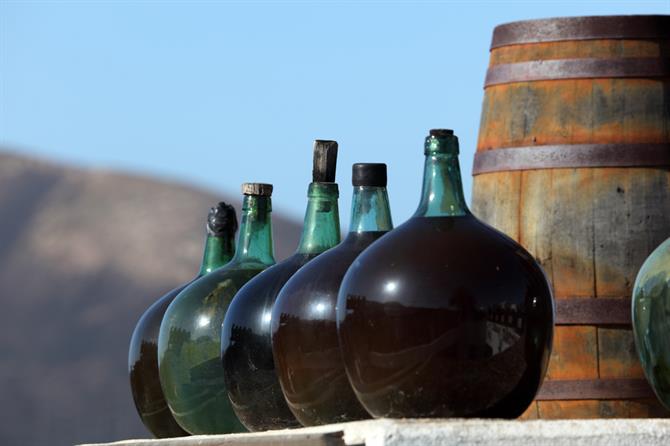
For the welcome-home cheese-and-wine party, you're going to have to bring some vino back with you too. Rioja is the obvious choice if you're on the mainland. But if you're in the Canaries, the Malvasia wine comes highly recommended. Particularly if enjoying a holiday in Lanzarote where vines miraculously flourish on volcanic soil.
Coffee
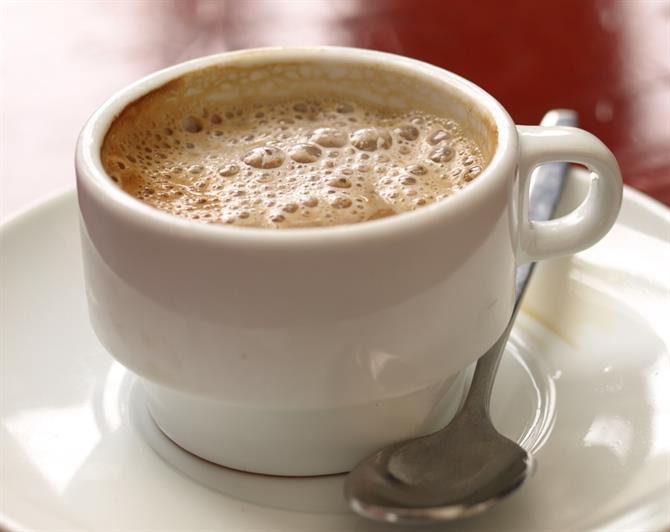
Spaniards like to start and, quite often, end the day with a cup of coffee. And that long stretch between morning and evening? Well, that will be filled with copious coffee breaks too. What many people don't know is that Spain boasts the only coffee plantation in Europe. Located in Gran Canaria's Valle de Agaete, it has the Tamadaba mountain range close by.
Cava
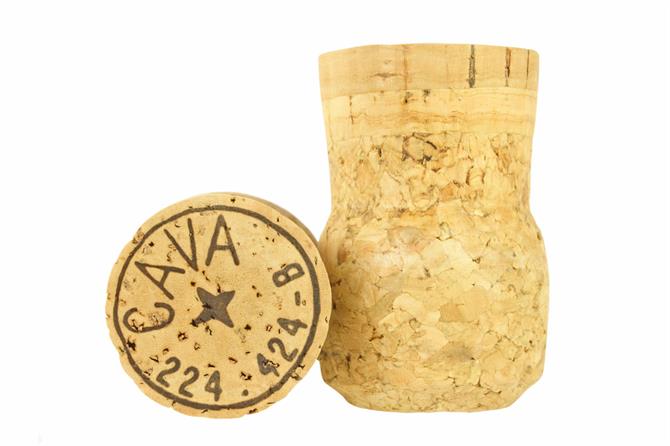
More liquid gold available for export comes in the form of cava. This is the Spanish equivalent of champagne. You'll find that most of the cava is produced in Catalonia. Actor Antonio Banderas famously revealed that he toasted Spanish dictator Franco's death with a bottle of cava back in 1975.
Sherry
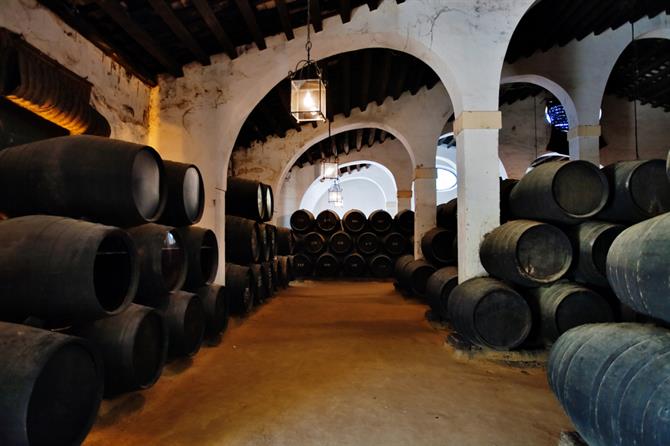
There is an urban myth that Spaniards don't care much for sherry. Whether it's true or not, you're best off buying a bottle at the source. So head to the Sherry Triangle of El Puerto de Santa María, Jerez de la Frontera, and Sanlucar de Barrameda. Talk about a holy trinity. If staying in a villa in Cadiz for your summer break you can explore all these areas for fine sherry tasting.
Olive oil
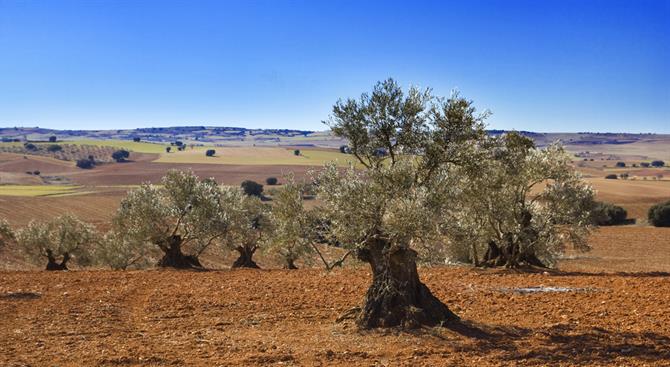
Oranges are not the only fruit in Spain. Check out the groves of olive trees in such as locations as Castilla La Mancha. Spain is one of the leading producers of olive oil in the world. If buying from a supermarket, look out for the suave (smooth) version which is not as sharp as other, more expensive, ones.
Ham
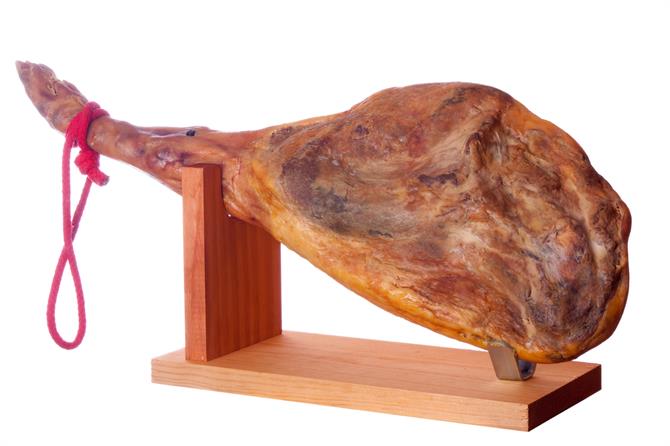
Jamón, jamón, who would have thought Yorkshire ham (jamón york) would be so popular on Spanish shores. The fixture in every bar and restaurant is jamón ibérico, however. And if you want to impress the loved ones in your life, make sure you buy the bellota version, sourced from free-range pigs which roam oak forests, feasting on acorns.
